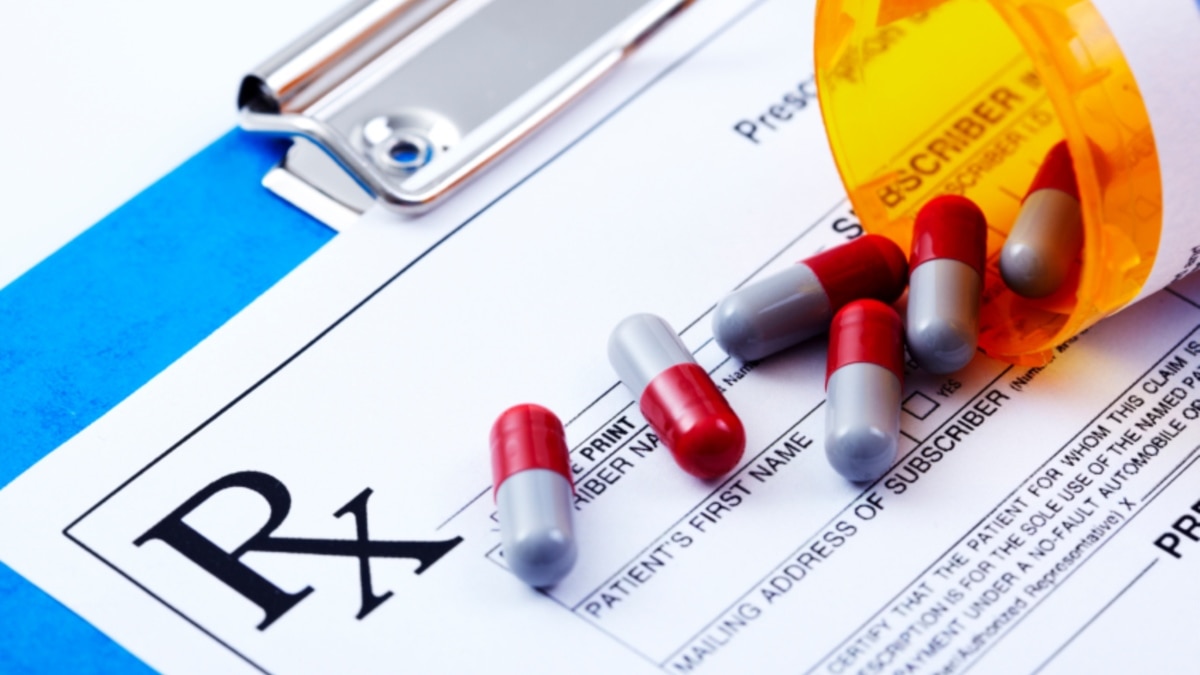- Impulsiveness.
- Disorganization and problems prioritizing.
- Poor time management skills.
- Problems focusing on a task.
- Trouble multitasking.
- Excessive activity or restlessness.
- Poor planning.
- Low frustration tolerance.
Okay. If you kid seems to have a short attention span and is easily distracted,
makes careless mistakes – for example, in schoolwork. appears
forgetful or loses things, seems unable to stick to tasks that are
tedious or time-consuming, they must be sick (if they were older we would presume they might have some sort of dementia). Estimates say 11% of children and 5% of adults or almost 1 of every 6 of our children and adults have this disease and need the medicine. Experts (and drug makers) insist that ADD/ADHD is under diagnosed on a massive scale.
Now it should be noted that there is no single test for ADHD and the diagnosis is the result of a doctor's assessment of any ADHD symptoms in the past six months. A physical exam and review relevant medical history is done to rule out any other medical or psychiatric conditions that could be causing symptoms. So the teacher who complains about having a room of distracted fidgety boys and a parent who is tired of harping on the same kids to pick up, do their homework, or listen when they call diagnose and the doctor confirms. The whole thing is legitimized by the fact that there is an insurance code to bill and a drug to prescribe to fix the problem. To justify the use of ritalin, the affliction was invented. To stop kids from shifting in their seats in schools or daydreaming out the window or being distracted from their work in school or homework, we invented a use for a drug that had been around for a while and whose use might have been waning. But as recently as 20 years ago, we agreed the whole thing was a mess and there was no cohesive way to identify, track, or monitor the diagnosis and is treatment.
That this is happening is without a doubt. We have turned our kids into experimental subjects in large part because we are tired of dealing with the normal behaviors and struggles of childhood, because we do not want to figure ways to help them identify and correct excessive symptoms, and because we have saddled the classroom with so many other social engineering tasks besides learning that we don't have time for recess anymore. What we do not realize is that nearly every drug you see advertised on TV or social media or in print is doing exactly the same thing. They are trolling for people to see this drug and demand that they be prescribed this drug to fix whatever it is that is wrong with them -- even if what is wrong is, well, rather normal. Big pharma has almost exhausted every quick economical way to treat existing diseases, afflictions, and problems and now is working to create new diagnoses so that old drugs get new life or to create a cash flow for their tired portfolio of yesterday's meds. By taking pharmaceuticals out of the doctor's office and putting them into everyday life, we are doing something bigger than the disease and creating afflictions to market those meds to -- it is no longer about the disease and only about the medicine.
Mine is a small voice among many about the ADD/ADHD issue but you can see how this has affected many aspects of our health and welfare. From pandemics to the predictable question about what our pain level is on s scale of 1 - 10, the devil is in the details and we are not paying attention to the details. Medicine is moving away from the treatment of diseases and has become a tool for those who want to control the masses, encourage people to get on board with the program, and become dependent upon these meds for life changes they should be able to manage for themselves. We have learned nothing from the opioid crisis and accepted all the wrong lessons from Covid. But I do not think many care anymore.

1 comment:
I used to think in a similar way. No longer. I functioned well until I gave up drinking Coke and smoking. And then everything fell apart. I was diagnosed as an adult with ADHD, which is now the preferred disgnation, with no distinction between ADD and other alphabet soup letteers. What I know is that when I do not have stimulant medication or support, I am either a spaz or frustrated angry person. With stimulant medication, I mellow out, sleep better, and remain calmer and more focused. I can write and speak much more if you want, but this is very real, verifiable, and left untreated can cause major debilitation. And once you recognize the symptoms and effects, you start recognizing it in others. A lot of people can do well in life and adapt with coping strategies, but some of us exhaust those and need medication, at least in part.
Post a Comment